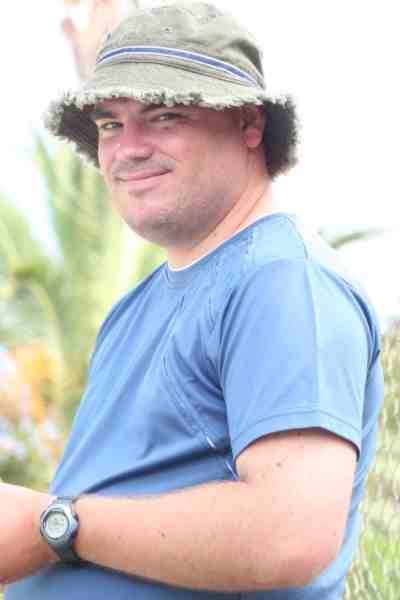My work took me to two very diverse training/enrichment programmes in the last two weeks.
The first was a flashy conference on Higher education and community engagement. The conference was attended by 200 - 300 representatives of the elite of higher education in South Africa and we were treated to five star food, hospitality, and very stimulating discussions and debate. Several remarks were made by international experts that South Africa was ahead of even developed countries as far as the conception, debate, and implementation of community engagement in higher education was concerned. It was very stimulating and I am still busy internalising a number of the concepts that were discussed there.
The second training programme that I attended was organised by "Working on Fire." It was a basic two-day course on fire safety, the prevention and combat of Veld, Forest, and Mountain fires. The training forms part of a workplace skills development programme for farm workers and is in all likelihood positioned somewhere in the FET-range (accessible to people with a Grade 9 certificate). We arrived at the place for the seminar and the presenter was an hour late; there was no coffee, tea or refreshments of any kind. (We hoped this would change on the second day, but it just got worse when the presenter, who was late could also not find the pictures that he wanted to show us on his laptop; and still no coffee, tea, or refreshments). At the end of the second day we were all placed in a squad and made to jog military style to the area where we would be introduced to fire-fighting equipment and its correct use.
The surprising fact is that the training that I received from "Working on Fire" caused a greater paradigm shift in my thinking and my actions, than I got from the very high quality conference on Higher education and community engagement.
I've always gone out of my way to involve myself with fire fighting. A fire poses an immediate challenge that requires a person to think strategically and solve problems. It is always exciting. I realise however that I was extremely lucky not to have been injured or killed in the process.
My approach to fighting fire has almost always been one similar to the one used by "Van der Merwe" who came rushing into the fire where other teams had given up on the fight. He did not even stop his bakkie. His people just jumped out and fought for life and death, extinguising the fire. When commended for his bravery he explained that he had no intention of killing the fire, but that his bakkie's brakes had failed.
Anyway in the future I will be a much more effective fire fighter and team player.
The most frustrating part of both of these training opportunities was that I had to find alternative means to get to them because my Gomoto was broken.
Subscribe to:
Post Comments (Atom)


No comments:
Post a Comment